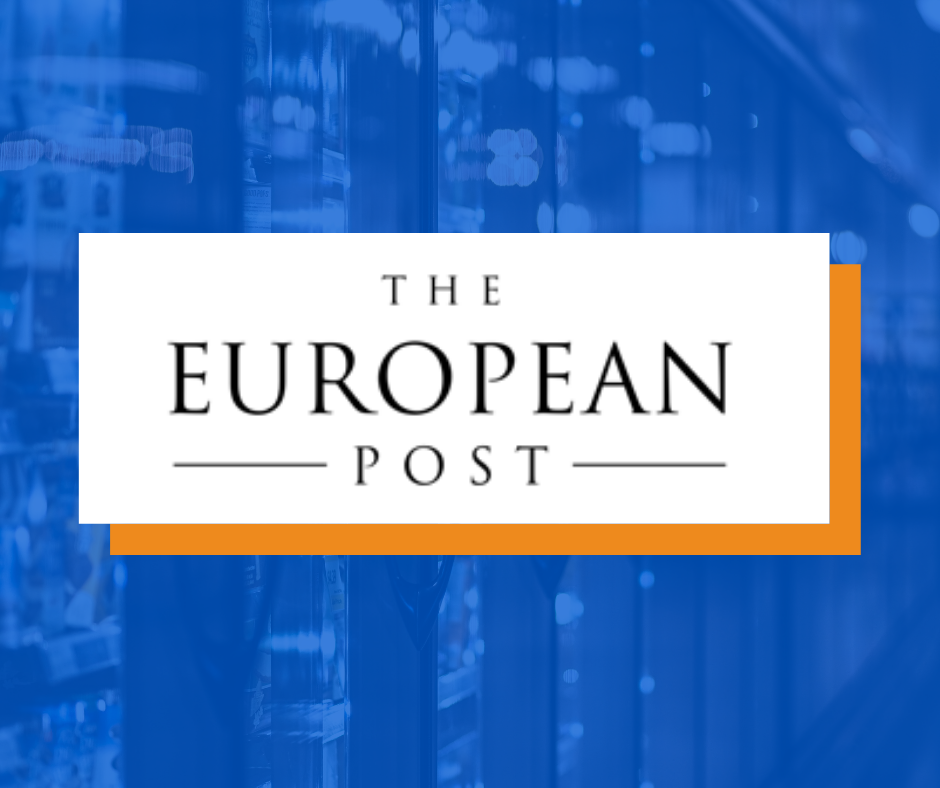Open markets and free trade have increased consumers’ prosperity in Europe and across the world. The impact of the technological advances that contributed to a massive connectivity and freedom of consumers would not have been possible without the existence of a global set of standards that promote competition and choice in the global market for information and communication technologies (ICT). The flipside of this bespoke connectivity can be seen in growing fear about massive data leaks and authoritarian governments targeting cyber-attacks at liberal democracies. News of all mobile data being rerouted from Europe through some Chinese nodes isn’t happening in a Black Mirror episode but is the frightening reality these days.
For decades telecommunications and internet-enabled businesses have relied on openness to operate complex networks and preserve the integrity of the information transmitted. Their efficiency and the ease with which consumers access these services depends on seamless interoperability across key technology vendors and the technical standards that underpin the network components that they build.
However, modern political realities have revealed the caveats of this globalized and interconnected system. As former German Foreign Minister and Vice Chancellor Joschka Fischer wrote, “technology andsoftware exports are no longer just a matter of business; they are about power.” This is particularly evident in the telecommunications sector. National governments’ desire to field next generation 5G networks is being tempered by their growing concern over the security pitfalls created by the overreliance and dominance of untrustworthy vendors in the supply chain for 5G technology. The importance of a secure 5G is evident as governments across the European Union are currently undertaking comprehensive assessments of their exposure and risk to security vulnerabilities in the supply chain.
While potential threats to national security are serious, pursuing a strategy of brinkmanship risks elevating geopolitical concerns at the expense of an opportunity to enact comprehensive standards for 5G. National governments and industry must reinforce their commitments to the principles that gave consumers a thriving global technology sector in the first place: open markets and choice for ICT products and services. Safeguarding consumer privacy and security requires a coordinated framework to facilitate vendor diversity. Additionally, liberal democracies need to ensure that no single vendor from an autocratic or illiberal country of origin can monopolize their respective ICT market for 5G or legacy 4G and LTE networks.
Security must be a defining feature of the standards and norms that govern the global ICT supply chain as well as the individual pieces of software and hardware that businesses and consumers depend on. Inaction risks the ability of businesses and consumers to exercise meaningful choice in critical 5G and other ICT products and services. Some of the EU’s largest member states, such as Germany and Italy, have used the auctions of spectrum licenses as a cash cow for their national budgets instead of seeing newly utilized frequencies as a gamechanger for consumers’ connectivity. This has led to the undesired consequence that many operators are cash-strapped and tend to go for the cheapest rather than the most trustworthy infrastructure provider. This has led us to a path dependency of toxic reliance on very few suppliers with questionable motives.
With coordinated technical standards for interoperability, such as the more trustworthy open source solutions, comes greater trust and transparency. As advancements in technology transform all matter of global exchange these principles must be reinforced and expanded to better protect consumers, promote innovation and foster a safe and secure digital ecosystem.
Fred Roeder, Managing Director of the Consumer Choice Center, and Luca Bertoletti, European Affairs Manager of the Consumer Choice Center



